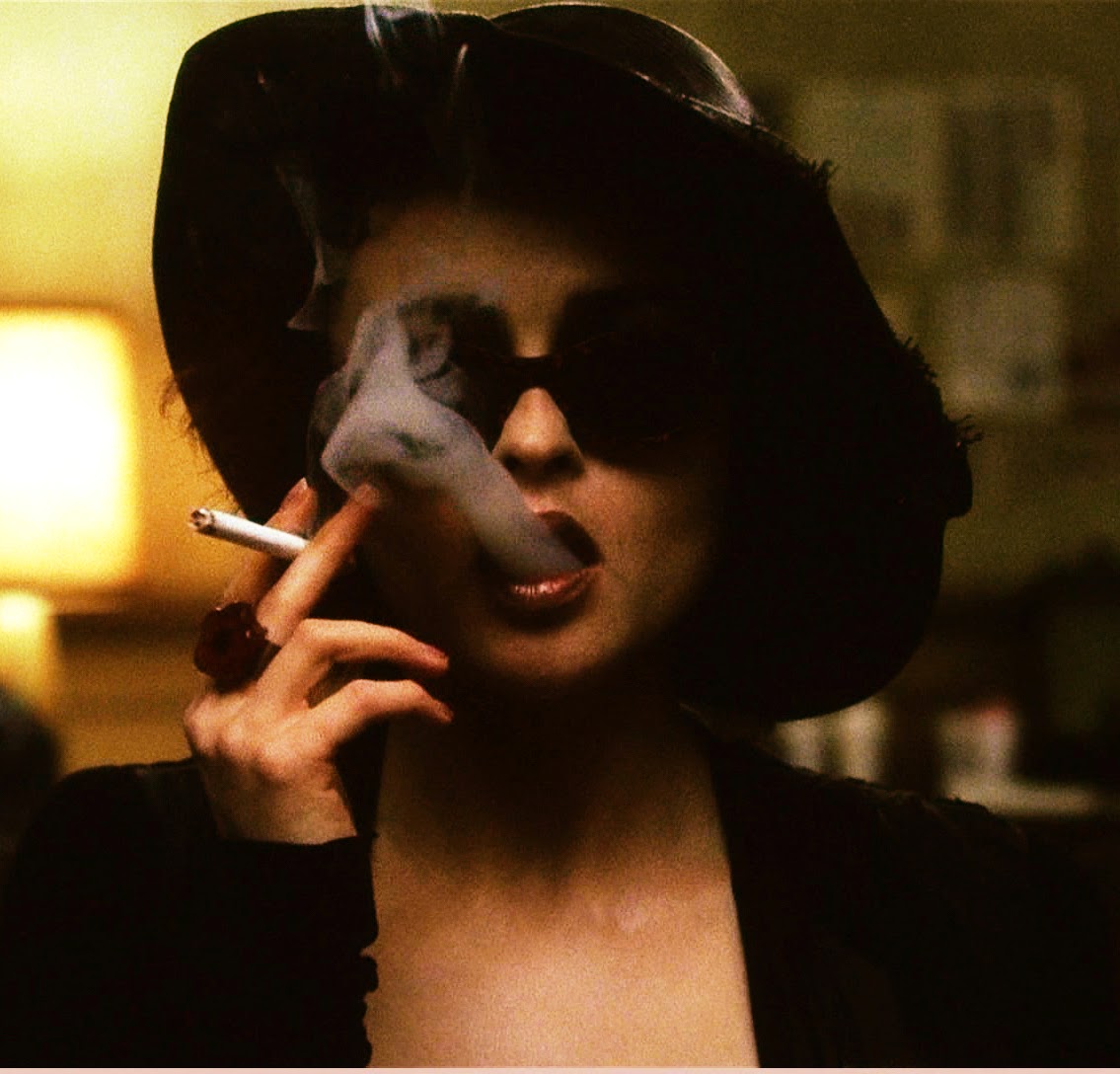
Logically, the most passionate viewers of Tim Burton’s “Alice in Wonderland” will be the fans of Burton, Johnny Depp and Lewis Carroll. However, while the first two elements do live up to expectations, the third one certainly doesn’t. In fact, I would highly not recommend anyone to reread either of the original “Alice” books before watching the movie. Because truth be told, there is just as much Carroll in Burton’s “Wonderland” as there is Conan Doyle in Guy Ritchie’s “Sherlock Holmes.”
A curly blonde Alice Kingsley – eight years after her Wonderland adventure – is being forced to marry a young lord so obnoxious, that hardly anyone could reproach her for not wanting to have him. Taking time “to think,” she runs off, and … follows a white rabbit to a hole in the ground. For a bit the plot goes on just like the original. Up to the moment when Alice walks into a talking flower garden. First she gets to meet many of the famed Wonderland characters all at once, next she’s being chased by a monster dog, and has to do a lot of running and hiding.
Soon enough Alice runs into Mad Hatter – Depp in his most extreme makeup yet. As one of the story's centerpieces, Hatter takes up a lot of screen time which is a real treat. Others – vile Red Queen (Helena Bohnem-Carter) with a hydro-cephalic head, Crispin Glover’s Black Knight, Tweedldee and Tweedledum, the nutty Mad Hare, and of course, the toothy Cheshire Cat – keep him good company. But you still can’t help asking questions like: “Why just the Queens - where are the Kings?” “Where is good old White Knight?” “And why the Dormouse, famous for her lethargic tendencies, keeps on restlessly running around?” And finally: "Why so serious?"
The original “Alice in Wonderland” was partly a parody of life in Victorian England, partly an intriguing parable wrapped as a children’s fairy-tale, but saturated with double meanings, wordplay and philosophical explorations. “Alice” movie leaves all the sensible “nonsense” completely out, instead focusing on the fairy-tale base, only taking, at times, a dramatically serious approach. Burton’s “Wonderland” and its inhabitants sacrifice their depth for extreme grotesqueness which is delivered generously and in full. The visual part of the film is an impressive piece of work and the cast is perfect. If you can manage to appreciate just that, you can as well enjoy the movie immensely.
What is, nevertheless, deeply disappointing, is that the story is modeled after the most trivial formula of all – the battle of good and evil, with Alice as a messiah whose task it is to save all. Isn't that the most overused plot of all time?




No comments:
Post a Comment